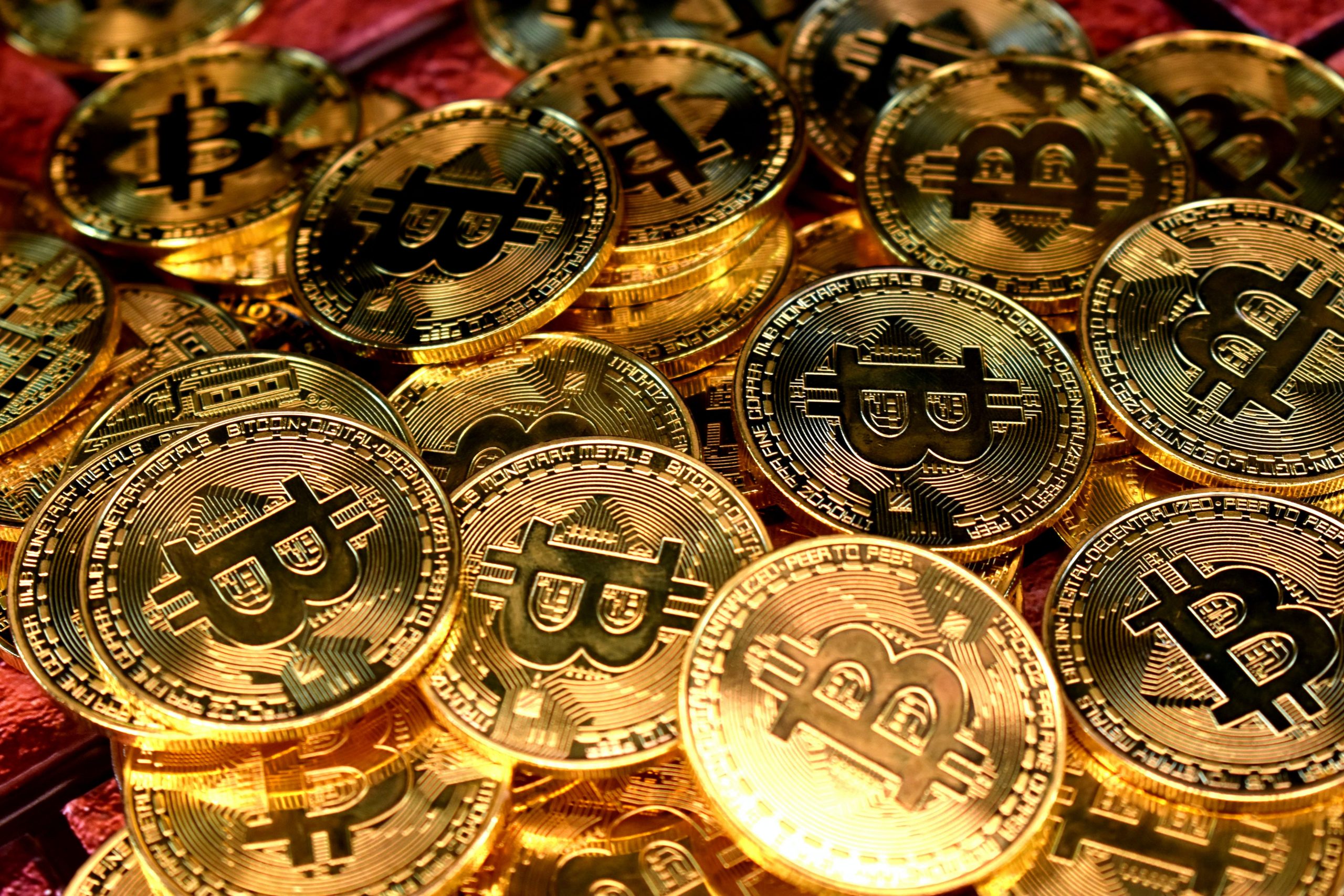South Korean officials plan to shut down dozens of cryptocurrency exchanges in the next few days, however, the impact would most likely be seen mainly on the industry’s margins due to the very small quantities involved. According to the government, 35 trading platforms out of a total of 63 have not acquired the certification necessary to register with the Financial Intelligence Unit. The certification procedure takes 3 to 6 months, and the deadline is September 24, making it “nearly impossible” for exchanges that haven’t already received clearance to acquire it in time, according to the regulator.
Also Read| SBI prohibits users from using its UPI to trade in cryptocurrencies
Over 90% of the country’s total trading activity is accounted for by South Korea’s four largest exchanges: Upbit, Bithumb, Korbit, and Coinone.
Investors who purchased “Kimchi coins,” which are cryptos produced and traded largely by Koreans and are typically smaller and less liquid than many others, are likely to be impacted the most.
Also Read| Walmart denies tie-up with Litecoin, LTC founder says they ‘screwed up’
According to market observers, the currencies listed exclusively on the small exchanges that have been forced to shut down usually lack inherent worth and serve a little function, making it impossible to assess their fair value or estimate the breadth of the total damage. Korea Society of Fintech Blockchain chair estimated last week that the shutdowns may cost investors in so-called Kimchi coins up to 3 trillion won or $2.6 billion.
Also Read| Swiss exchange SIX gets permission to start cryptocurrency exchange
Global exchanges that provide won trading will also be impacted by the restrictions.
Binance, the world’s largest cryptocurrency exchange, stopped its won-to-crypto trading service last month in order to “proactively comply with local rules,” marking the first such action by a significant outside operator.
Also Read| Cryptocurrency can disrupt broking industry, says Zerodha CEO Nitin Kamath
Regulators believe that the reform would dampen South Korea’s crypto craze. Despite the volatility of the currencies, many young South Koreans, who confront high unemployment and rising housing prices, have remained eager buyers of digital assets.







